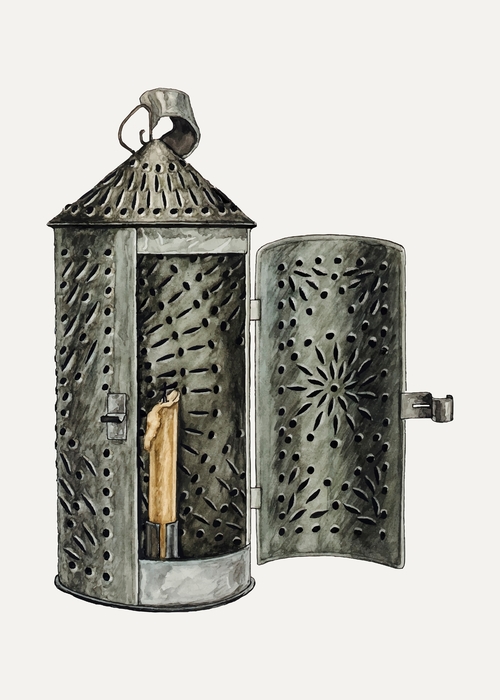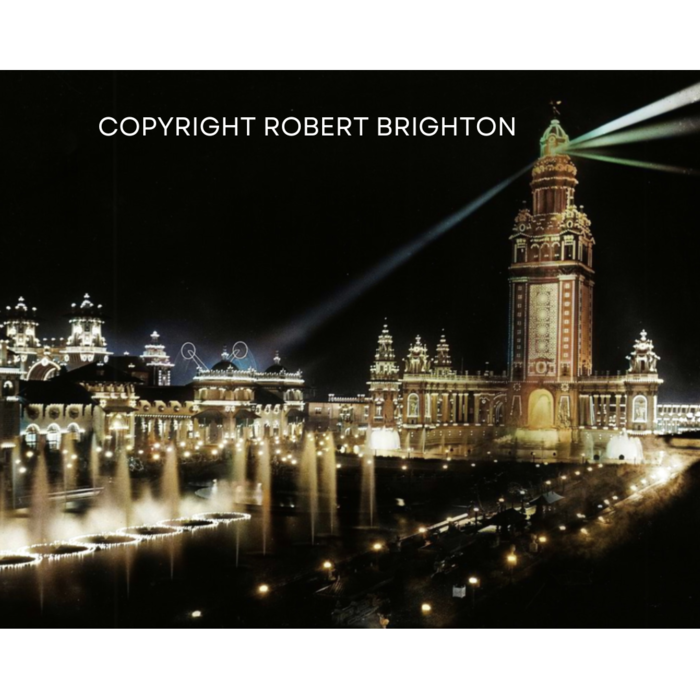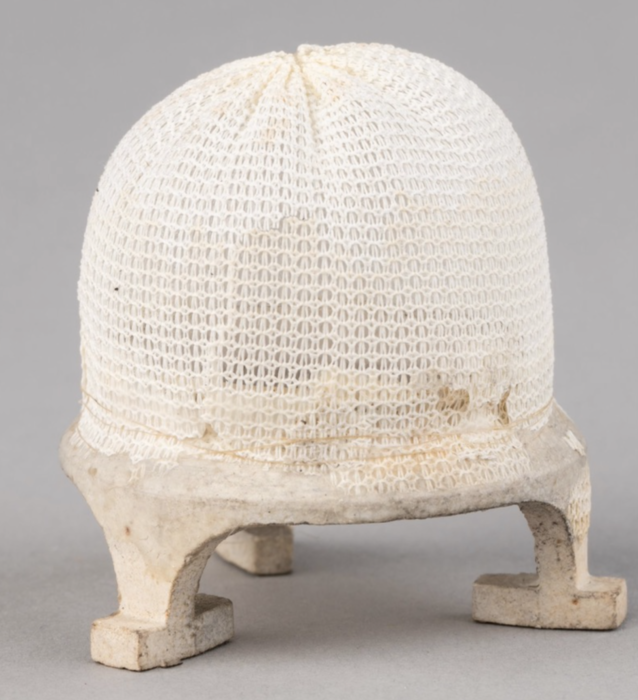The "Re-Gilded" Age — History's Indian Summer
If the number of recent books, movies, and television shows about the Gilded Age are any indication, the period never seems to lose its shine. Even at the most superficial level, there’s something inherently fascinating about Newport mansions, fancy dress balls, and daring necklines.
But what do we really know about the Gilded Age?
The Gilded Age is typically considered to have spanned the period from the end of the Civil War in 1865 to the death of Queen Victoria in 1901. The moniker—‘Gilded Age’—originated in the 1873 novel by Mark Twain and Charles Dudley Warner, The Gilded Age: A Tale of Today. And though their title sounds very glamorous today, Twain and Warner didn’t mean it as a compliment.
Gilding is a process of coating a surface with a very thin layer of gold—beneath which is something far more common. Twain and Warner had a level of contempt for the flash and dash of their times, suggesting that much of the opulence and spectacle were nothing more than a bright, shiny layer applied to something far less attractive.
In my books, I favor the period 1900-1905, a narrow slice of time at the ‘end’ of the Gilded Age. Why I became so obsessed with this blink of the historical eye is a little hard to explain.
Maybe it’s because, by then, the gilding was beginning to wear a little thin, and more and more people were struggling to adjust to the vast and abrupt changes in daily life wrought by American industry, international expansion, and Wall Street. Those changes included growing urbanization, the rise of corporations, mass immigration, and a widening gap between the ‘haves’ and the ‘have nots’.
These topics were only a few of those Gilded Age people wrestled with. Others included women’s suffrage (the right to vote), temperance (restrictions or prohibition on alcohol consumption), immigration, child labor, ‘free love’ (sexual liberation), government regulation of food, drink, and drugs, and – spanning them all – what obligations the individual had to other citizens, to the government, and to the world. It was a lot to handle!

Edwardians were excited about the 20th Century ... did they ever get a shock ...














But why 1900-1905? I answered part of it—the shine of What Had Come Before was beginning to fade, and that’s intriguing. But that’s only half of it. The other side of this very interesting coin is what people expected about What Was To Come, and how very wrong most of them were about a lot of it.
The period reminds me of a happy driver moving a mile-a-minute toward a ten-mile-long traffic jam that he cannot see, but which soon will provide hours of frustration and thwarted plans.
By 1900, most major cities had electric power, streetlights, a certain amount of paving, and even a few automobiles. Several even had water-treatment facilities, and those which didn’t knew they needed them. People were beginning to understand that mountains of horse manure in the streets and tobacco juice on every square inch of sidewalk (and inside buildings, too) were remnants of some earlier time. They didn’t quite know what to do about these things, sometimes, but they knew they had to change, and that they would change. They were convinced that the many recent advances in science and technology would lead to a cleaner, safer, healthier world—and one that would distribute its profits more equitably. And, most notably, a world without war. The cost of war, and the benefits of peace, were both so obvious that war would soon be yet another artifact of a less-enlightened past.
(Well, there was that little Spanish-American War in 1898, but that was more a land-grab than a ‘war’. But we’ll get to that another time.)
1900-1905 was in many ways still the Gilded Age, slightly tarnished perhaps, but with a progressive and hopeful overlay, a “Regilded Age”, if you will.
The bright regilding was perhaps thinner than anyone at the time realized, but they had good reason to expect good things—that had been the trend. Every day brought new marvels, and surely the future would continue to improve on the past.
But in 1914, the nineteenth Century abruptly ended and the twentieth began. World War I, and suddenly the science and technology that was to lay the foundation for a truly Golden Age—not gilt but solid gold—was turned to purposes so inhumane that even today we recoil. The chemical industry, which had chlorinated water (by 1898 in England and 1908 in the United States) and saved countless lives from typhoid fever, showed equal ease in creating mustard and nerve gases that killed or blinded a generation of young soldiers. The aircraft that would unite the globe were turned into bombers.
Even many of the ‘progressive’ causes so dear to people soured. Temperance curdled into Prohibition and fueled organized crime. Egalitarian, perfectionist, universalist sentiment—one for all and all for one—was coopted by Lenin and Mao.
A hundred years later, we know all those things. And—as much as we might like to—we can’t un-know any of it. So for me the “Regilded Age” is a fascinating moment in history—the Indian Summer of innocence—a time just modern enough to be hopeful, but not so modern as to have lost its illusions.
- Robert Brighton

